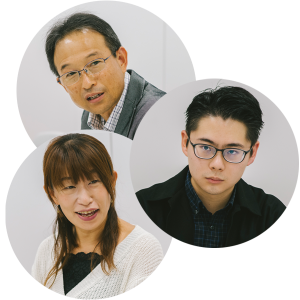A series in which students participating as interns at Future Design Shibuya conduct interviews about projects that interest them. This time, we will talk with co-representative Mr. Okuno (Director of Urban Development Promotion Department, Shibuya City) about the efforts of the "Sasahata Hatsu Town Lab", which is a collaboration between industry, government, academia, and citizens to make the Sasazuka-Hatagaya-Hatsudai area an attractive town. We spoke to secretariat staff member Mr. Shibata (Urban Development Division 1, Urban Development Promotion Department, Shibuya City).
*The following article was created by the intern student himself.
Tezuka:First of all, I would like you to tell us again what kind of initiative Sasahata Hatsu Machi Lab is.
The Okuno Sasahata Hatsu Town Lab was established as an organization that promotes town development through collaboration between industry, government, academia, and the private sector. Since the Sasahata Hatsu area will mainly be a residential area, the purpose is to create a richer lifestyle in this town.
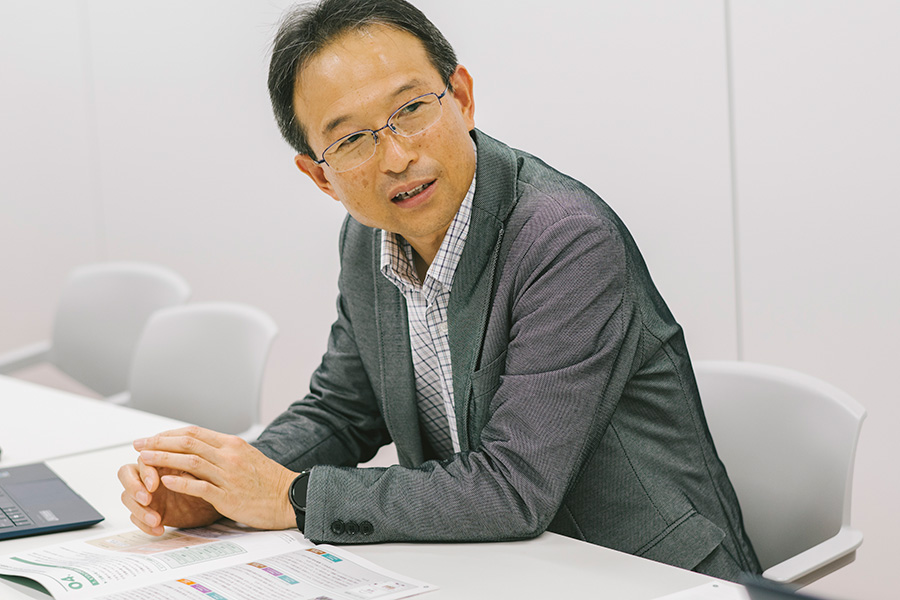
Talking about the history behind the establishment of Okuno, Sasahata Hatsu town development itself began in 2017, and at that time we started what was called the "Sasahata Hatsu Town Development Future Session." The plan was to last until 2019, but because more local people participated than we expected, the project did not end within those three years, and activities led by local people continued thereafter. Machi Lab was born with the idea of creating a platform for citizen co-creation town development.
A distinctive feature of Sasahatahatsu's town development is that it is carried out not by developers, but by local residents.
Tezuka: Is there a goal for Sasahata Hatsu Machi Lab? Or will it continue forever?
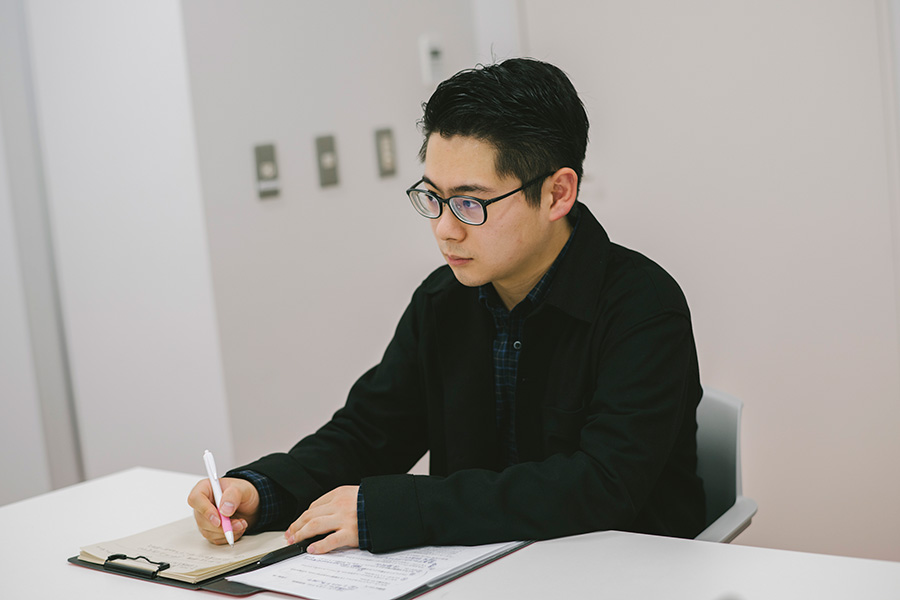
OkunoIn the first place, urban development does not have an end, so it is difficult to state clearly what the goal is. However, the ideal situation for the Sasahata Hatsu area is one in which local residents are able to do what they want to do in the town, which is good for the town as well. Rather than something created by the government, I think it would be great if local people take initiative and become a source of strength for the town.
It is said that town development is about developing people, but when it comes to town development in Sasahata Hatsu, I feel that it is different for us to set goals as the region is currently flourishing. There are many projects that have been born out of the initiative of local people, and some require space or friends. If there is such a request, we at Machi Lab would like to provide support by providing space and assistance. Considering this, if Sasahata Hatsu's town development can proceed without the direct help of Machi Lab, that may be one of the goals.
Tezuka: There are many reasons why the residents who participate may be aging, moving, or busy raising children. If that happens, I feel that it may be difficult to continue.
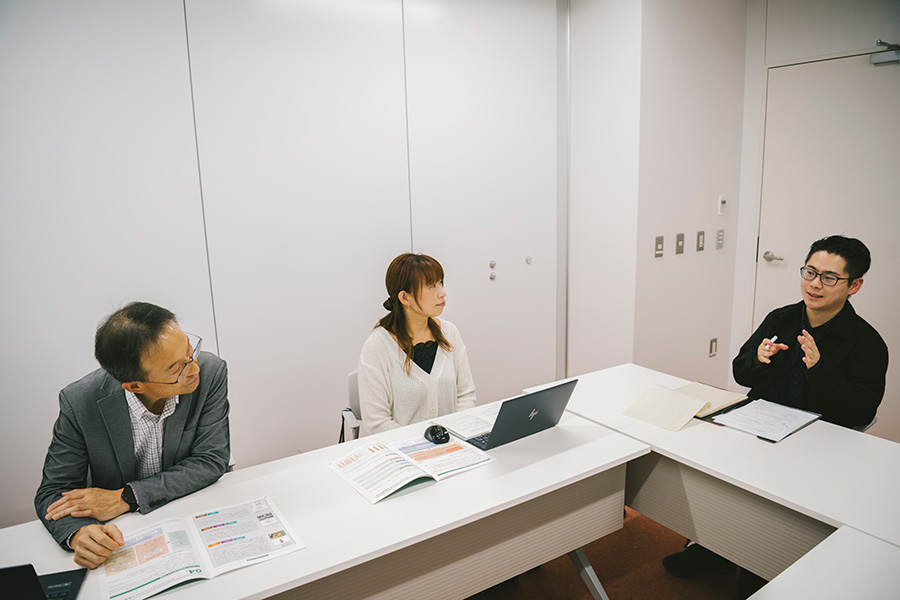
Okuno:In order to continue, we need a variety of people to get involved, and as Mr. Tezuka said, if we continue to develop the town, naturally, after 10 years, everyone will be 10 years older. However, if new people join the organization during those 10 years, I think it can be said that the organization is revitalized.
Having a variety of people involved energizes the organization itself, and I think it would be ideal for an organization to always have people of all ages, both young and old, all together.
Tezuka:In recent years, there has been an impression that many young people around the country don't want to make connections in the local community and find it troublesome to participate in neighborhood associations, but young people are becoming more involved in these local activities. Is it something that can be done for you? Are there any solutions or ideas?
Okuno:Currently, we have people in their 20s participating, but the majority are in their 30s and 40s.
As a regional characteristic of the Sasahata Hatsu area, many of the residents run their own shops. In terms of population structure, approximately 40% of Shibuya's population lives in the Sasahata Hatsu area.
In that way, when a young person running a shop wants to own a space and do something, I hope to be able to provide a place where they can try it out.
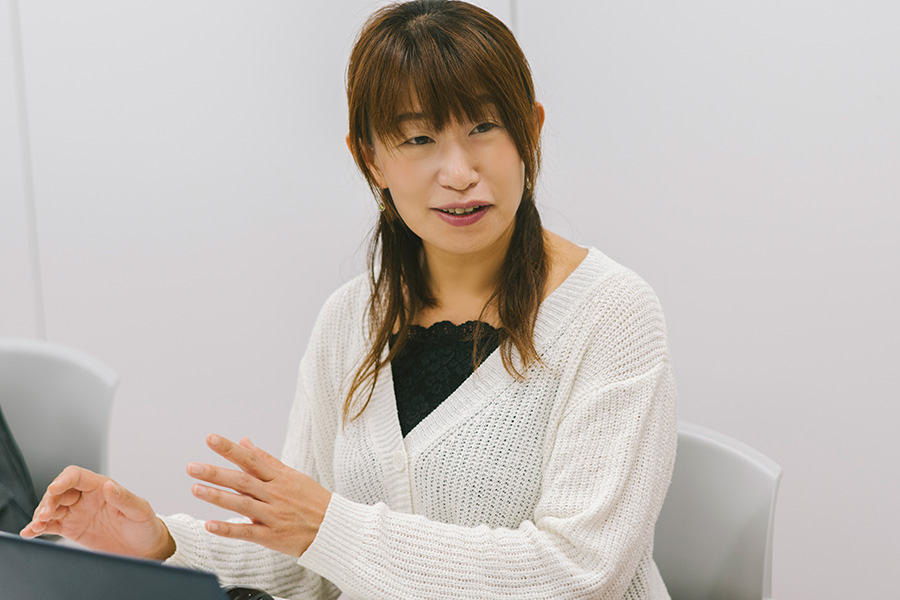
As one of Shibata Machi Lab's projects, we hold an event called "388 FARM β (Sasahata Hatsu Farm Beta)" twice a year as a demonstration experiment. The Tamagawa Josui Old Canal Greenway will be redeveloped in the future, and we are holding farms, marches, and workshops as experimental events to embody the redevelopment concept. We also have opportunities to work with local people as they come to help us.
Tezuka: So you've actually succeeded in achieving industry, government, academia, and civil society. If people from different generations are involved in the activities, I think there will be problems between the generations, what do you think about that?
Shibata:Each project is structured with its own purpose, so problems are unlikely to occur. Even though we are made up of people of various ages, each person has their own characteristics and areas of expertise, so we use those strengths to divide up our responsibilities and work efficiently in a small group.
As Machi Lab members, government officials also support the project, so when such troubles are likely to occur, we listen to what you have to say and provide detailed explanations.

TezukaFinally, please tell us about your future prospects.
Okuno: So many people have been involved so far, so we would like to increase the number of participants, and we would be happy if this event sparked an interest in town development. Sasahata Hatsu's efforts are currently attracting attention from all over the world. What's particularly appealing about this project is that many local people are involved in a locally-originated project that continues to run. Therefore, as a top runner in this kind of town development, I hope that Sasahata Hatsu's efforts will spread to other local governments.
Thank you Tezuka. I learned a lot about community development in which local people take the lead.



